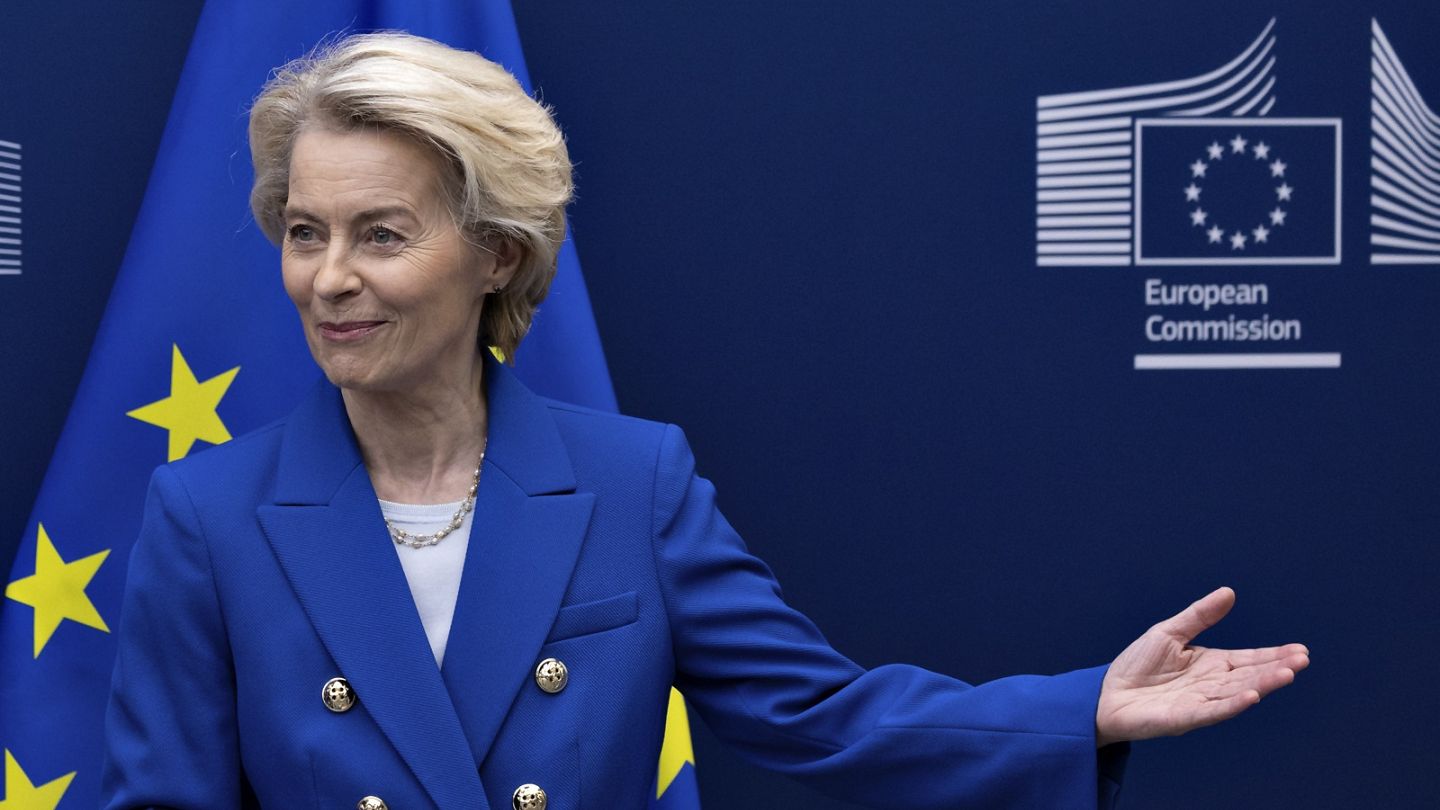The EU suspended retaliatory tariffs against the US to "give negotiations a chance."
The retaliatory tariffs accepted by EU countries target American products worth 21 billion euros, such as soybeans, copper, and motorcycles.
The European Union has decided to halt the counter-tariffs it imposed on the US in order to continue discussions on how to resolve this situation, which had turned into an all-out trade war with the Donald Trump administration just hours earlier. The counter-tariffs implemented in response to Trump’s tariffs on steel and aluminum were approved by member countries on Wednesday. Approximately 21 billion euros worth of American products, including soybeans, copper, and motorcycles, were targeted. The first batch was supposed to be worth 3.9 billion euros and take effect on April 15. However, that will no longer be the case. European Commission President Ursula von der Leyen stated in a brief announcement, "We want to give negotiations [with the US] a chance." She added, “While completing the acceptance of the EU countermeasures, which received strong support from our Member States, we will suspend them for 90 days.” "If the negotiations are not satisfactory, our countermeasures will come into effect." Von der Leyen's decision came after Trump announced that “mutual tariffs” would be suspended for 90 days. Under these comprehensive tariffs, which the European Commission deemed "neither credible nor justified," the bloc was initially subjected to a 20% rate. Following Trump’s retreat, EU imports from America will be subject to a minimum rate of 10%. Steel, aluminum, and automobiles will continue to be subject to a 25% rate. Von der Leyen indicated a deep uncertainty regarding Trump's trade policies, noting that work within the bloc would continue to prepare for "more countermeasures." "As I have said before, all options are on the table," she said. Early Thursday, von der Leyen doubled down on the proposal for a 'zero-for-zero' tariff agreement on all industrial goods, which the US President had previously rejected.


